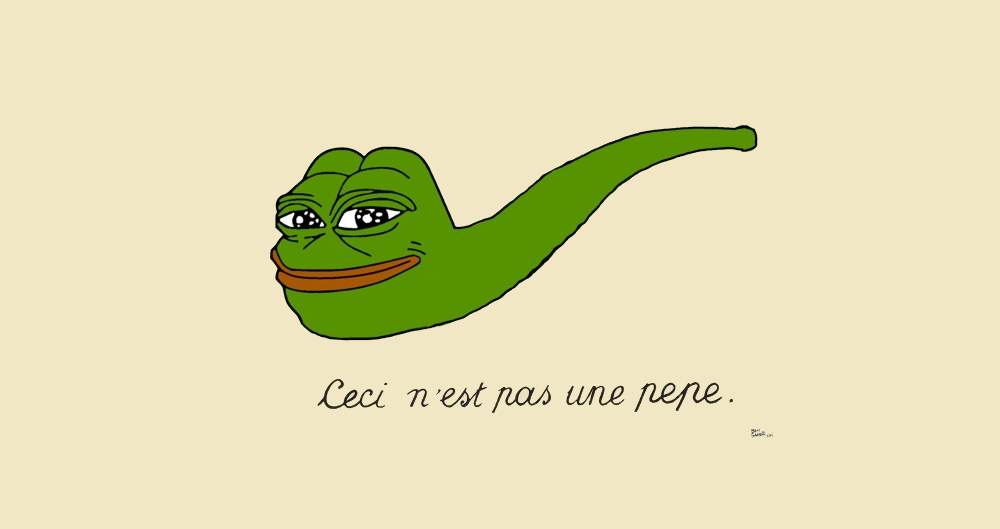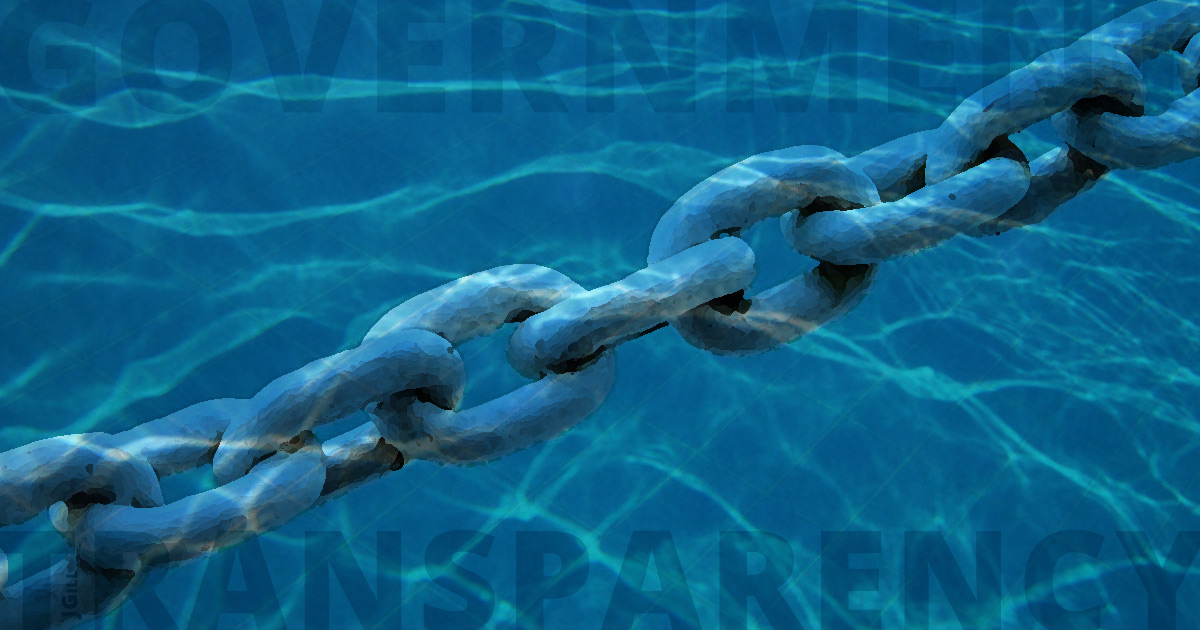Governments tempt us — with special privileges and advantages.
You know what also tempts us?
Cheese.
Cheese? Yes. In the Netherlands, cheese is a big deal, as Baylen Linnekin relates in “Cheese Fight Ends With Court Declaring Producers Can’t Copyright Taste,” over at Reason — where I go for all my cheese-related coverage. (Don’t you?)
The tale is about two cheese companies and the European Union’s “Directive 2001/29/EC,” which tries to reconcile copyrights among member states. Specifically, it involves the legal fight between “two Dutch herbed cream cheese spread makers,” as Mr. Linnekin relates, “Heksenkaas (‘witches’ cheese’) and Witte Wievenkaas (‘wise women’s cheese’).” The former sued the latter for infringing on “its copyright on the taste of Heksenkaas.”
The case went from a Dutch court to the European Court of Justice, where the Court (Grand Chamber) ruled against Heksenkaas. There can be no copyright on “taste.”
This is of no great significance, I suppose, but in a world where the government gets involved in everything, it’s worth noticing when the government resists its temptation to tempt us.
The rationale for non-involvement, in this case, was not a move against intellectual property as such, but against the idea of property involved in subjective taste. “The taste of a food product cannot,” the Court determined, “be pinned down with precision and objectivity.…”
Well, sure. But what was really going on here was one company not wanting competition from another company.
A temptation, for sure. But some temptations (like some cheeses?) must be resisted.
This is Common Sense. I’m Paul Jacob.
» See popular posts from Common Sense with Paul Jacob HERE.










